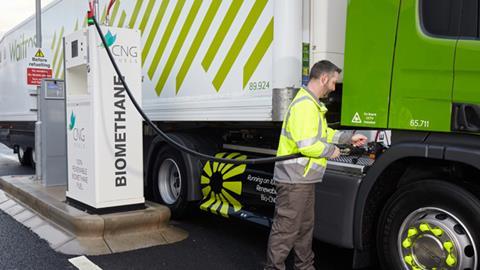
Zemo Partnership (formerly LowCVP) is launching a new Renewable Fuels Assurance Scheme (RFAS) for high- blend renewable fuels.
The scheme is designed to give fleet operators robust information about the greenhouse gas (GHG) and wider sustainability performance of renewable fuels supplied in the UK.
A recent Zemo Partnership study found that an important barrier to uptake was the need for HDV fleet operators to have more clarity in terms of the environmental credentials of renewable fuels, both for company carbon reporting and making decisions on fleet decarbonisation solutions.
While the electrification of cars and vans is now under way, larger, long-range vehicles and legacy cars and vans will be on the road for the next 20-30 years. Cutting GHG emissions from these vehicles by using renewable fuels remains a key objective in the challenge to achieve net zero by 2050.
The RFAS approves companies supplying high-blend renewable fuels on the basis of meeting three performance criteria, with evidence verified by an independent auditor complementing the safeguards included in the Renewable Transport Fuel Obligation (RTFO). The assurance criteria are based on life-cycle GHG emissions, feedstock sustainability and supply chain traceability. The scheme is open to companies supplying renewable fuels for use in road vehicles and non-road mobile machinery, including biofuels and hydrogen.
A feature of the scheme is a ‘Renewable Fuel Declaration’ which fleet operators receive with batches of the renewable fuel purchase. The declaration includes a colour-coded GHG emission savings banding system, similar to energy efficiency labels, encouraging fleet operators to strive to achieve higher GHG emissions savings. (An example Renewable Fuel Declaration can be found here.)
Zemo Partnership piloted the scheme with several renewable fuel suppliers. Argent Energy and CNG Fuels are now approved under the scheme and Zemo Partnership is working with Green Biofuels Ltd, Air Liquide and Gasrec to enable their approval. All these companies are producing biofuels from waste feedstocks, achieving GHG emission savings of between 80% and 90% compared with diesel.
Gloria Esposito, head of Sustainability at Zemo Partnership, said: “It’s critical that technological interventions to tackle climate change live up to their billing and can demonstrate verifiable life cycle GHG emissions savings and strong sustainability performance in terms of their production.
“With increasing attention being given to Scope 3 emissions in corporate carbon reporting, measures to lower GHG emissions across company supply chains are becoming increasingly important. One of the benefits of the RFAS is that it will provide accurate, robust and transparent renewable fuel GHG emissions data, and assist fleet operator decision making and reporting with regards to choosing sustainable low carbon solutions”.
Dickon Posnett, director of Corporate Affairs, Argent Energy, said: “We are delighted and proud to be the first biodiesel manufacturer in the UK to be awarded accreditation of Zemo Partnership’s Renewable Fuel Assurance Scheme. This accreditation confirms the sustainability attributes of Argent’s distilled biodiesel and provides independent assurance that customers using our high-blend product can reduce their carbon footprint in the most cost-effective way.”
Phillip Fjeld, chief executive officer, CNG Fuels, said: “Since September 2016, 100% of the fuel dispensed at CNG Fuels’ growing network of Bio-CNG stations has been RTFO-approved biomethane. This new scheme from Zemo Partnership is of great value to us and our customers, as the Renewable Fuel Declarations provide robust, independently-verified evidence that our customers are running their vehicles on sustainable and renewable biomethane fuel when using our station network.”
Justin Laney, general manager – Fleet, John Lewis Partnership said: “We’re in the process of switching John Lewis’s 600-strong fleet of diesel delivery trucks to run on biomethane. This assurance scheme will provide valuable, independent verification that the fuels we’re using to power our trucks meet the highest standards in terms of environmental sustainability and help maximise emissions reductions from our fleet.”
A spokesperson for CEVA Logistics in the UK, part of a global logistics and supply chain company headquartered in Switzerland, said: “CEVA Logistics currently has 50 vehicles operating on HVO fuel in the UK. Since starting to use the fuel in May 2020, we have eliminated more than 250 tonnes of carbon from our operations. The scheme provides us with reliable emissions data to confirm the success of this carbon reduction initiative. Reducing our carbon footprint is vital to future-proofing our business and ensuring we do our part to create a sustainable logistics industry.”























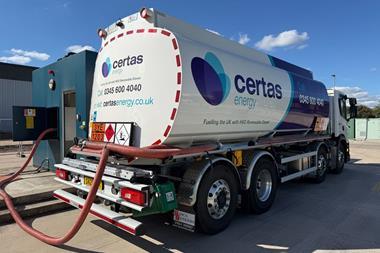
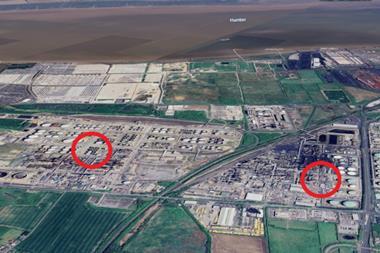
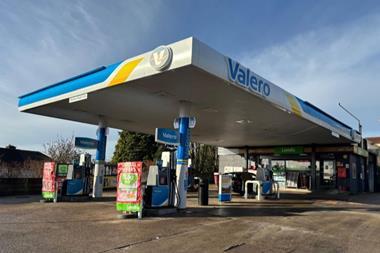
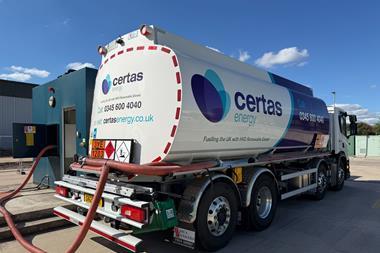





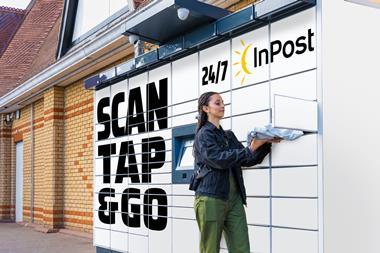
No comments yet